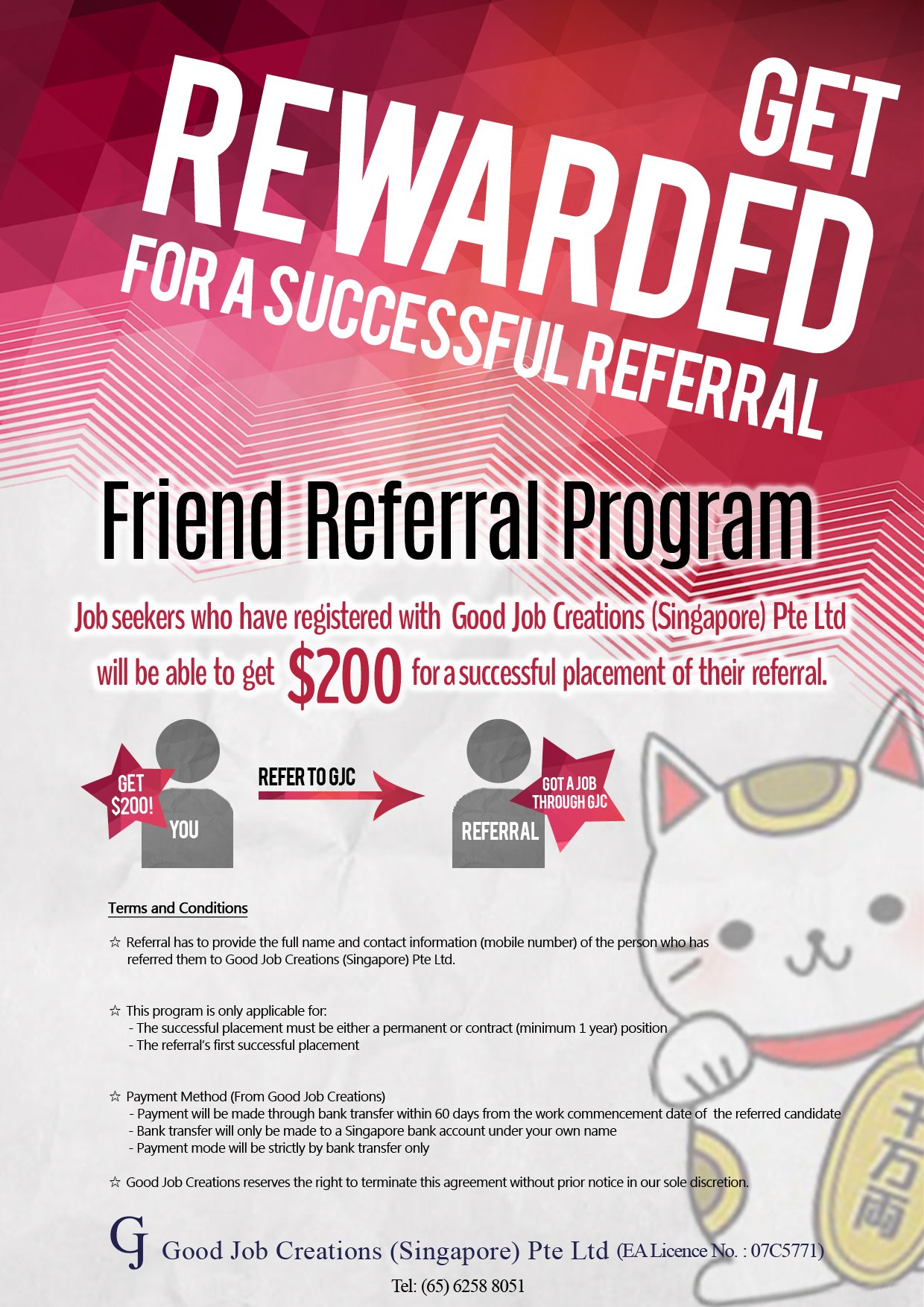Skillfully ace an interview with Recruiters’ 4 expert tips

Interviews serve as a platform for the employer to evaluate the applicant’s suitability for an organisation. We offer deeper insights into why researching the company, highlighting relevant skills, asking thoughtful questions and refining your storytelling skills can help you stand out in an interview.
Our senior consultants Karalgash, Victoria, and Wai Chun, along with consultants Rebecca and Zia Xin, contributed to this article.
Written by Destiny Goh
Importance of Interviews
Interviews are direct conversational starters for employers to seek alignment of aspects like skillset, expectations, and the applicant’s suitability for the organisation’s needs and culture.
Interviews are where you understand the job scope and culture or team fit better based on the chemistry built and impressions obtained during interviews; as Victoria and Zia Xin pointed out, these interactions are crucial.
As most of our clients are Japanese companies in Singapore, our consultants conduct language tests early in the interview to assess whether applicants meet the client’s requirements. Different roles require varying levels of the Japanese language.
What Recruitment Consultants advise to prepare before an interview:
1. Research the Company
While offering interview insights to her candidates, Consultant Rebecca encourages them to research the company’s history, business model, product and service types, and target market.
Equipped with this knowledge, applicants can demonstrate genuine interest by asking specific questions and tailoring responses that align with the company’s goals and values.
Understanding the company’s vision, mission, and goals allows you to personalise your cover letter according to its needs and expectations, including how its vision and goals align with what you want to pursue.
2. Highlight relevant professional skills.
While your experience and skills look good on paper, it is important to prioritise ones that directly relate to the role you applied for. Avoid confusing interpersonal skills with professional skills.
Senior consultant Karagalsh often tells her candidates that specific examples with quantifiable results are a great way to demonstrate their abilities. Merely stating your achievements may seem subjective or vague to your employers.
When interviewing for a data analyst role, mention key numbers demonstrating your data visualisation expertise and how these numbers impact future actions.
You can explain it like this: ‘I was responsible for collecting and analysing data; I used xx software to interpret and visualise data to communicate my findings. By doing so, I identified key trends in customer preferences and increased revenue by 40%.’
3. Asking thoughtful questions.
One of your goals is to use questions to help you determine if this is the right opportunity for you. Asking conveys your genuine interest to employers; take this chance to demonstrate that you are the best person for the job.
Here are some sample questions to consider during your preparation:
a. Job-specific questions:
- What are some of my key expectations for this role?
- What key objective should I focus on in the next three months?
- What metrics or goals will you use for my performance evaluation?
- What projects will I be assigned to immediately?
b. Questions regarding your potential team:
- What is the biggest challenge I might encounter in this role?
- Could you tell me more about the team I’ll work with?
- What significant challenges has the team encountered?
- What skills are you looking to fill in the team?
c. Questions regarding the company:
- What are the company’s current goals, and how will this team contribute to achieving them?
- How has the company grown in the last few years?
- What does the company plan to achieve for growth and development?
d. Questions about company culture:
Career strategist and author John Lees encourages applicants to take questions about company culture with reservations, as most employers will not unravel unpleasant encounters.
- What does the onboarding process look like?
- What aspects do new joiners find surprising after onboarding? (This question will prepare you mentally if you discover surprising encounters or situations.)
- Are there certain company practices I should take note of?
e. Questions for your potential employer:
- Why did you decide to join this company and stay?
- What aspects of your work do you find exciting?
- What key attributes do I need to excel in this role?
f. Questions about career developments and future opportunities within the organisation:
- What learning and development opportunities can I expect in this role?
- What does the career path in this team/department typically look like?
- How do you determine promotions?
- Where have high-performing employees progressed to?
Avoid asking easily searchable questions, such as the company’s function; exercise discretion when inquiring about salary benefits. Consultant Wai Chun also recommends avoiding one-word answers, as they do not offer enough insights into your thought processes or experience and convey disinterest.
4. Refine your storytelling abilities.
While some might argue that an interviewer can’t possibly determine if an applicant is a good fit or gauge their level of experience through an hour-long interview, our consultants advise candidates to practice their storytelling abilities.
Storytelling helps you effectively convey your capabilities to convince employers why you are a good fit for the role. If the employer is looking for a specific skill like data mining and gauge your level of experience, you can relate your experience like this:
‘I used data-mining and visualisation using xx software to present data-driven facts and insights to the management board, helped them make data-driven decisions, and, in return, helped the company save money.’
You only get one chance to impress your employers; being well-prepared brings you one step closer to achieving your dream job.
Find out the appropriate dress code for interview attire to better prepare and ace an interview.
For more information on how we can fulfil your job opportunities, fill up this form to start.

